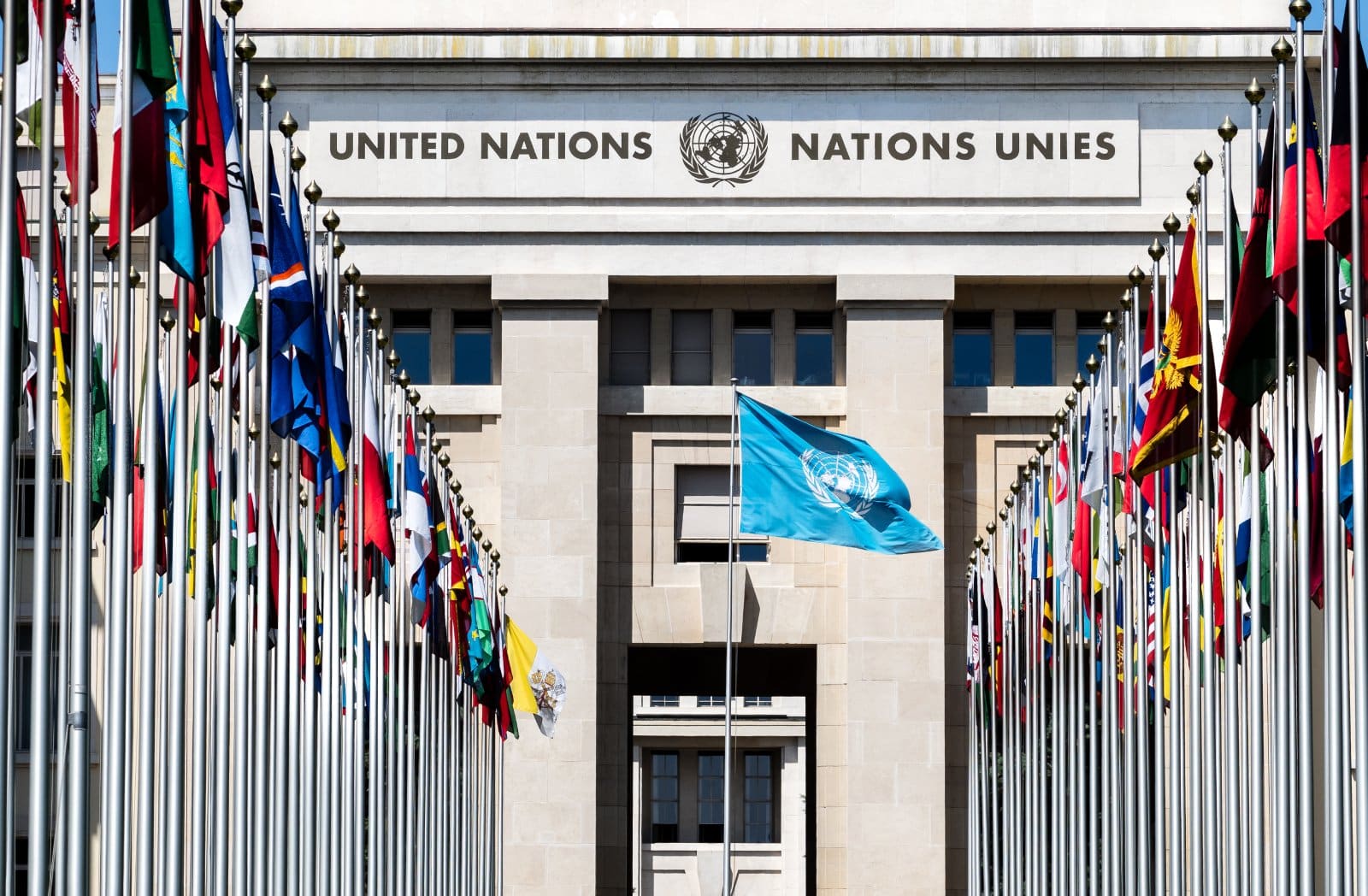Americans often wonder why they might be greeted with cold shoulders abroad. Is it the loud tourist stereotype, or is there more simmering beneath the surface?
1. Overconsumption and Waste

Americans are known for their “bigger is better” mentality, which often translates to excessive consumption and waste. This behavior is not only unsustainable but increasingly frowned upon by environmentally conscious societies.
2. Political Divisions on Display

The stark political divisions within the U.S., particularly evident during the Trump era, have made global headlines. Such visible internal conflict can make Americans seem perpetually at odds with each other, impacting the country’s image.
3. Cultural Insensitivity

There’s a stereotype of Americans traveling abroad with little regard for local customs and languages. This can come off as disrespectful and has sparked resentment in various cultural settings.
4. Foreign Policies

U.S. foreign policies, especially those involving military intervention, are a major point of contention worldwide. These actions often lead to perceptions of America as a bully that does not respect other nations’ sovereignty.
5. Ignorance About the World

The American education system often focuses more on domestic rather than global geography and cultures. This lack of knowledge can appear as ignorance or apathy about the rest of the world.
6. Economic Bullying

From imposing tariffs to threatening trade wars, America’s aggressive economic strategies can be perceived as bullying by other nations, impacting their economies and citizens’ livelihoods.
7. Media Portrayals

Hollywood and major media outlets often depict America as the center of the world. This can be off-putting to international audiences who feel their own cultures are misrepresented or undervalued.
8. Travel Bans and Immigration Policies

Restrictive travel and immigration policies, especially under administrations like Trump’s, have been seen as xenophobic. These policies tarnish America’s image as a land of opportunity.
9. Surveillance Overreach

The U.S. government’s surveillance programs, like those revealed by Edward Snowden, have led to global concerns about privacy invasions, diminishing trust in American intentions.
10. Lack of Universal Healthcare

The absence of universal healthcare in the U.S. is bewildering to many, especially in developed countries with comprehensive healthcare systems. It raises questions about America’s priorities.
11. Gun Violence

High rates of gun violence and mass shootings in the U.S. are incomprehensible to many in countries with strict gun control laws. This violence undermines America’s image as a safe, advanced nation.
12. Handling of COVID-19

The initial mishandling of the COVID-19 pandemic, characterized by politicized health strategies and misinformation, has been criticized globally. It showed a lack of leadership and cooperation.
13. Climate Change Denial

Prominent American figures denying climate change, despite scientific consensus, frustrate international efforts to address global warming. This stance is especially controversial among younger, more environmentally aware populations.
14. Corporate Influence in Politics

The heavy influence of corporations in American politics is viewed skeptically by countries with stricter regulations on political contributions. This raises concerns about the integrity of U.S. democracy.
15. Lack of Public Transport

The poor state of public transportation in many U.S. cities contrasts sharply with the efficient systems in many parts of Europe and Asia, reflecting a lack of foresight in urban planning.
16. Expensive Education System

The high cost of education in the U.S., leading to massive student debt, is alarming to those in countries with free or low-cost higher education. It seems to contradict the American Dream.
17. Racism and Social Injustice

Racial tensions and social injustices in the U.S. receive global attention, often highlighting systemic issues that contradict America’s stated values of equality and freedom.
18. Obesity Epidemic

The obesity epidemic in the U.S. is often used as an example of poor health habits and dietary choices, affecting perceptions of Americans’ lifestyles.
19. Loud and Boisterous Stereotype

The stereotype of Americans as loud and boisterous doesn’t always sit well in countries with more reserved social norms, leading to perceptions of rudeness.
20. Military Spending

The U.S.’s vast expenditure on military forces instead of domestic needs like health or education is puzzling to nations that prioritize social welfare.
21. Space Race Domination

America’s aggressive pursuit of dominance in space through initiatives like the Space Force can appear imperialistic, overshadowing international cooperation in space exploration.
22. Influence in International Organizations

The U.S.’s disproportionate influence in international organizations can seem like an imposition of American norms and policies over global consensus.
23. Lack of Bilingualism

The low emphasis on learning second languages in the U.S. can be a barrier in multilingual societies, reflecting a lack of global engagement.
24. American Exceptionalism

The notion of American exceptionalism, the idea that the U.S. is inherently different and superior to other nations, can be off-putting and alienating to international communities.
25. Consumerist Culture

America’s consumerist culture, characterized by constant advertising and pressure to buy, contrasts with more minimalist and sustainable lifestyles gaining popularity worldwide.
How Did We Get Here?

It’s no surprise that these behaviors have led to a growing distaste for American antics on the global stage. As a nation, it’s crucial to reflect on how our actions are perceived and what we can do to mend these perceptions. Maybe then, we can start changing the narrative for the better.
The post 25 Reasons The World Is Fed Up of America first appeared on Pulse of Pride.
Featured Image Credit: Shutterstock / donfiore.
For transparency, this content was partly developed with AI assistance and carefully curated by an experienced editor to be informative and ensure accuracy.

